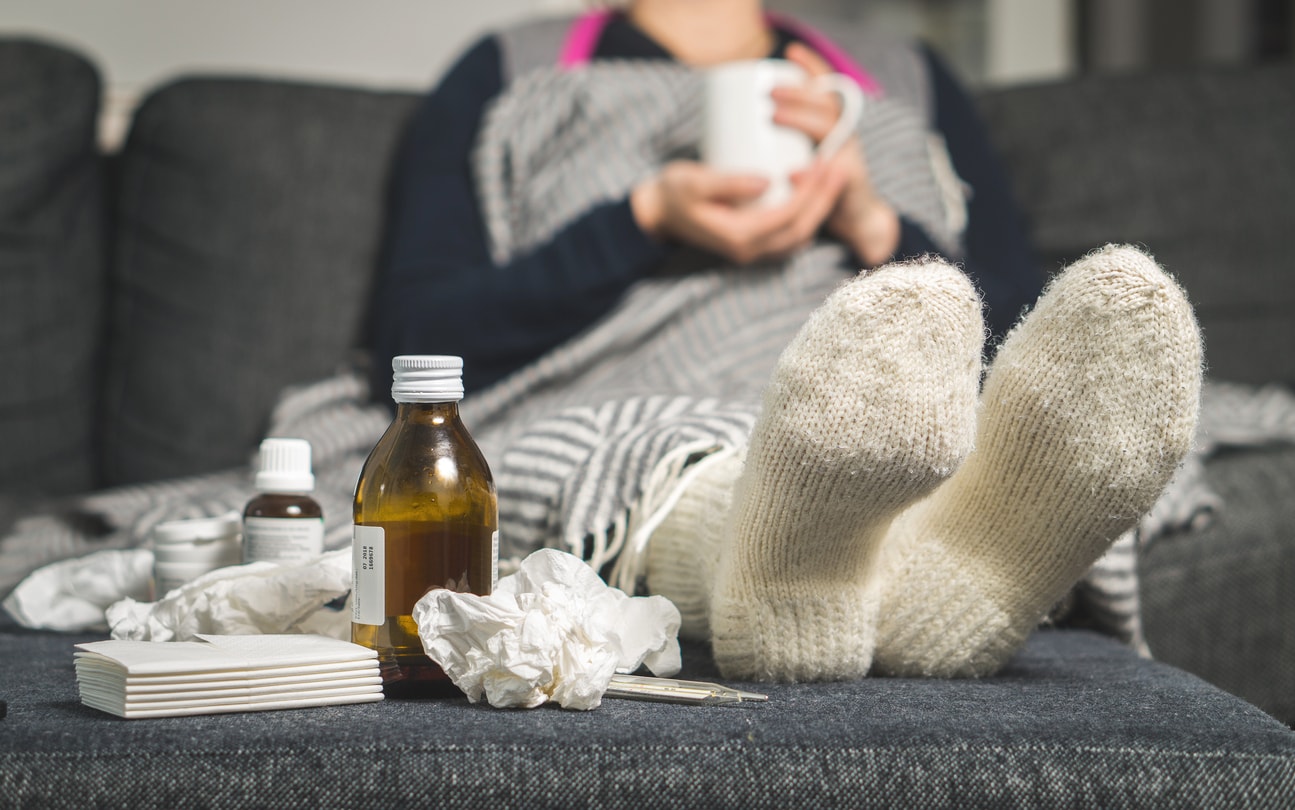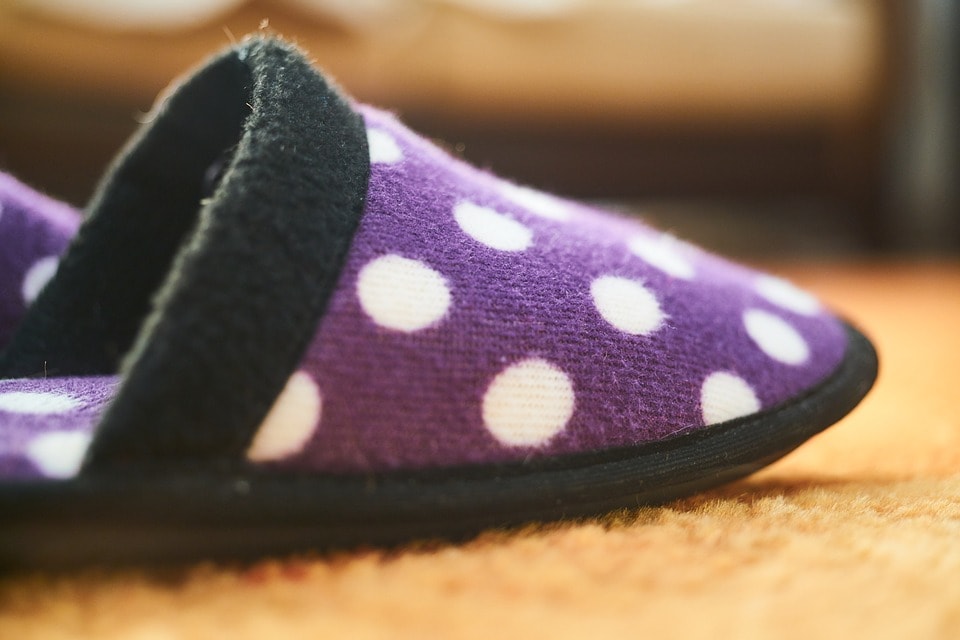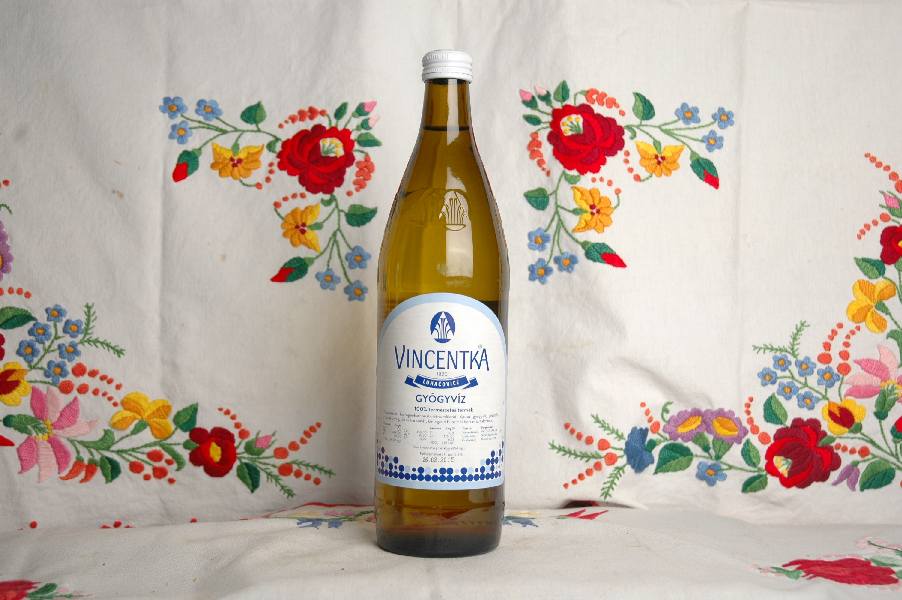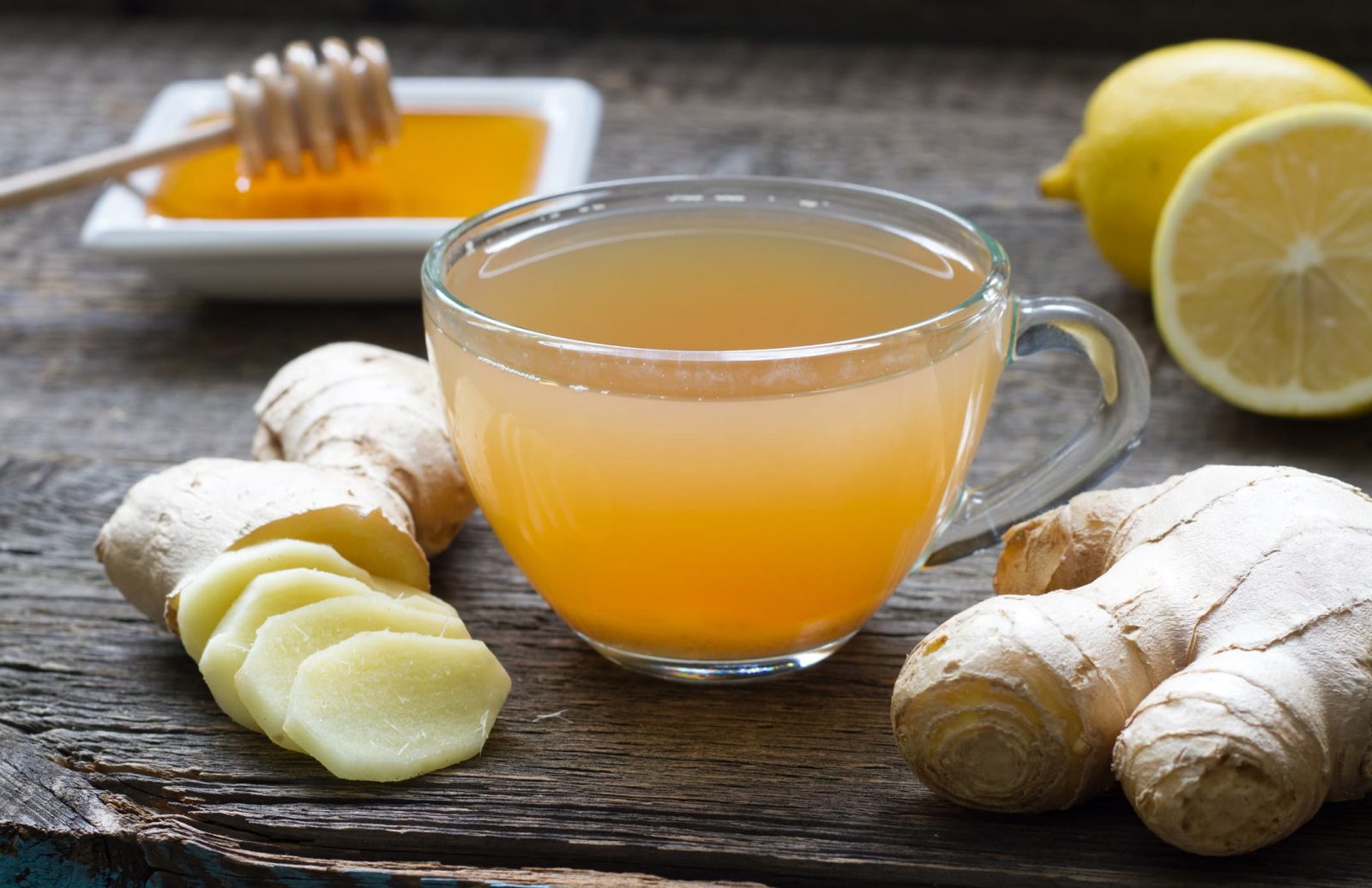This is article is published in association with Canadian Medical. Read about our partner content policy here.
A recent survey by German market research institute GfK asked over 27,000 people in 22 countries which health conditions they suffer from most frequently. On an international scale, Czechs ranked among the world’s biggest cold sufferers.
No surprise then that the nation boasts an impressive number of home cold remedies, some of them backed by science, others folk cures handed down through generations. Got the sniffles? Try going native this cold and flu season by adopting these remedies Czechs swear by — some of which actually work.

A week off work
While many employees see some kind of misguided valor in muddling through work when they don’t feel great, in a Czech office doing so is a big don’t. Here doctors will write sick notes that mandate a week off work for a cold while bosses and co-workers alike appreciate it when coughing colleagues fully recover at home before returning to the office and spreading their illness. Most doctors will agree that rest is the best medicine for healing the common cold.
Slippers
Everyone knows the stereotype of the Czech mom who bundles her child into immobility at the first crisp autumn chill. But guess what? Those overzealous parents may be onto something. While bundling up won’t necessarily prevent a cold, The Common Cold Centre at the University of Cardiff found that chilling people’s feet actually increased cold symptoms. At home and sniffling? Keep your bačkory on and, if you want to be really Czech about it, make sure your kidneys are covered, too.

Onion cough syrup
Generations of Czechs swear by onion as a cough syrup and decongestant — and science confirms that onions contain a chemical compound called quercetin that has antihistamine properties. To make this aromatic remedy, peel and slice an onion. Using a jar with a lid that fits the onion almost exactly, fill the jars with a layer of onion, a layer of granulated sugar, a layer of onion, etc. until it’s full. Cover and let stand overnight. Take up to 3 tablespoons of the liquid produced a day until your illness is gone.
Garlic in your ears
Placing a whole clove of garlic in one’s ear canal sounds like risky business, but garlic’s healing praises have been sung by generations of Czech grannies as an antioxidant. If you aren’t sure about this particularly pungent remedy for soothing a sore throat or an earache, cook up a pot of garlic soup (Česnečka). Czechs use this flavorful broth to cure everything from a hangover to a cold and with good reason: soup rehydrates and restores sodium levels in the body, helping you return to wellness.
Vincentka mineral water
This beloved cure-all of Czech grandmothers is derived from mineral water bottled in the Luhačovice spa region. While the makers of the product tout its carbon dioxide content, as well as the salts contained therein, as helpful for dissolving mucus when sipped or flushed through the nasal cavities, in general, a simple salt-water gargle can help relieve a sore throat, too. Excessive sodium, however, has been found to cause high blood pressure so use in moderation.

Neck compresses
Historically cough, fever, sore throat, and joint pain have been treated in the Czech lands with a Priessnitz compress, the application of a cold, damp cloth to the neck, which is then wrapped in a plastic bag followed by a dry-towel layer. The method is named for Vincenz Priessnitz a farmer from the Jeseniky Mountains who is considered to be the godfather of hydrotherapy (he was also an early proponent of Nordic walking). Compresses were thought to increase blood circulation and accelerate healing processes in the body. While Priessnitz’s water cure has been subsequently questioned by modern medicine, his fascinating legacy endures.
Tea and more tea
Sure the Brits win out when it comes to afternoon tea and making a proper cuppa but the Czech love of Čaj is nothing to shrug off. The country’s numerous tea rooms (Čajovny) and shops specializing in everything from oolong to flowering are the first indications of the Czech love for tea culture as is the use of tea for its healing properties. Come winter, most Czech kitchens are stocked with ginger, lemon, and honey for a steamy, sinus-clearing remedy that’s as soothing as it is pleasurable to drink.

Lard
Cheap and readily available, animal fat has historically been used in the Czech lands as a treatment for everything from skin ailments to coughs. As a cold remedy, lard (sádlo) is spread over a flannel which is then warmed up and placed on one’s neck for a couple of hours. If this seems a little extreme there is actually an over-the-counter version sold on the Czech market called dog lard (psí sádlo) with herbal extracts that supposedly ease breathing by locking in moisture (oddly the product is Swiss!).
Slivovice bath
While no doctor would likely prescribe drowning your sorrows — or yourself — in a booze-filled tub while sipping a hot toddy laced with this potent plum brandy, Czech folk medicine once encouraged it. And cold-remedy cocktails may actually work, according to Vanderbilt University Medical center: alcohol dilates blood vessels a little bit, making it easier for mucus membranes to deal with an infection.
Beer
A recent Japanese study, funded by Sapporo Breweries, found that humulone, a chemical in hops can keep the respiratory syncytial virus, which causes cold- and flu-like symptoms, at bay. According to researchers, however, the patient would have to drink thirty 12-ounce cans of beer for the healing effects to kick in.
For more great Czech health tips and advice, visit our friends at Canadian Medical, who helped make this article possible:












 Reading time: 4 minutes
Reading time: 4 minutes 


























